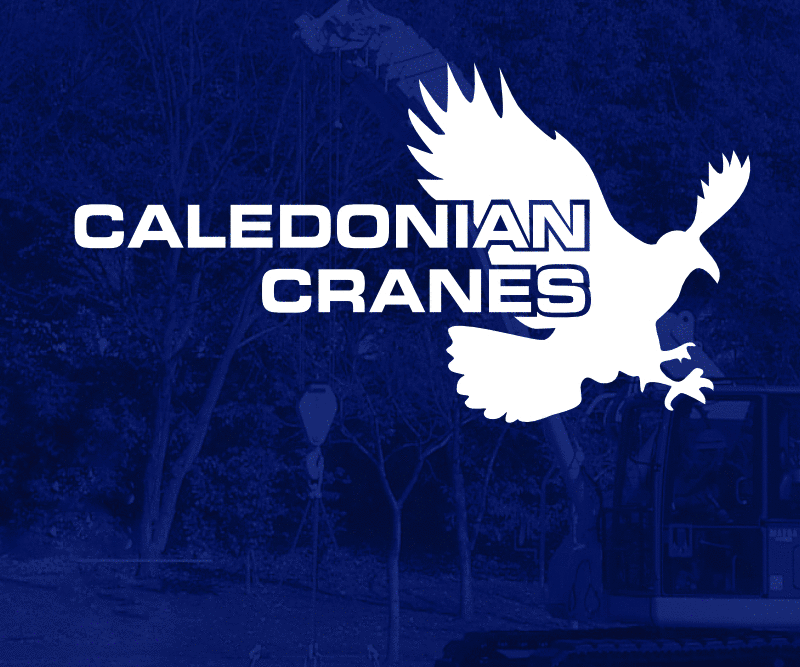And finally… Pioneering Scottish Arctic explorer honoured by RICS
 The achievements and life of pioneering Scottish explorer and surveyor Dr John Rae are to be celebrated by the Royal Institution of Chartered Surveyors (RICS) today.
The achievements and life of pioneering Scottish explorer and surveyor Dr John Rae are to be celebrated by the Royal Institution of Chartered Surveyors (RICS) today.
Fronted by RICS President John Hughes, RICS has appointed John Rae an honorary chartered surveyor and will present the John Rae society his posthumous RICS diploma at RICS HQ.
Dr John Rae’s important contribution to Arctic exploration and surveying opened up new trade routes connecting different parts of the world, and in celebration of Rae’s achievement RICS is also sponsoring the Arctic Return expedition taking place in March 2019. The Arctic Return expedition team will return to Naujaat to embark upon a 650-kilometre trek across Boothia Peninsula, following the route taken by Rae and his Indigenous companions, William Ouligbuck and Thomas Mistegan in 1854.
Little known until recent years, John Rae’s important contribution to Arctic exploration and surveying altered the course of maritime trade. When John Rae set off from his homeland, Orkney, in 1833 he was not only a surgeon but already a keen outdoorsman. Upon returning to Britain in the 1850s, he was an experienced arctic traveller, respected by the locals and also an accomplished surveyor. His unsung achievement in mapping the Northwest Passage in northern Canada, unlocked a crucial global trade route, connecting the northern Atlantic to the Pacific, chopping months off existing sea-faring journeys.
Rae’s discovery of the missing link to the Northwest Passage through the Canadian Arctic Archipelago was a culmination of his skills as an explorer, surveyor and survivalist. Just one of his many achievements, Rae trekked 500-miles by foot from Moose Factory, near the southwestern top of James Bay, to Toronto to train as a surveyor. There he learned how to use measurement devices, such as the octant, to accurately map unchartered landscapes. These are skills which he used in over four expeditions in the Canadian Arctic between 1846 and 1854, where John Rae travelled more than 13,000 miles and mapped approximately 1,800 miles of coast. His ability to travel such distance, in often extreme conditions, relied in no small part upon his friendship, and tutelage from, northern Canada’s subarctic Indigenous peoples.
RICS President, John Hughes FRICS, said: “Rae’s arduous journey across northern Canada’s snow and ice to survey the Passage allowed sailors to begin navigating the archipelago’s southern waters and, crucially, reach the Pacific.
“But to survey such harsh new landscapes he had to learn how to survive. He was noted for physical stamina, skill at hunting and boat handling, use of native methods and the ability to travel long distances with little equipment while living off the land. If he were born 50 years later, Rae would have surely become a member of RICS and many of the surveying skills he learned to map the Northwest Passage have been used by subsequent explorers.”
John Rae’s story is testament to the upper limits of the human spirit and has helped inspire a new generation of explorers. The recently formed John Rae Society is now working alongside RICS to recognise and promote his achievements.
Michael Palin, Patron of the John Rae Society, added: “In researching my new book on the life of HMS Erebus I discovered, with a growing sense of revelation and admiration, something of the life of John Rae. He clearly was one of the key figures in Arctic exploration. He was, in his methods, his outlook and his determination, a precursor of the great Scandinavian explorers that were to come later. A man ahead of his time.
“I found him to be an inspirational figure. A man who knew the Arctic as well as anyone, bar the Inuit whose ways and whose culture he so respected. I hope that his part in the story of those times will, in future, be given the prominence it deserves.”
As part of the celebrations, RICS has commissioned Rae’s artefacts to be loaned from the Stromness Museum to form a temporary exhibition about his life and surveying achievements. These can be viewed as part of the RICS 150th anniversary exhibition at Parliament Square by the public during Open House London on 22-23 September.
The RICS sponsored Arctic Return expedition in March 2019 will see the expedition team return to Naujaat and embark upon a 650-kilometre trek across Boothia Peninsula that will follow the route taken by Rae and his indigenous companions. Travelling on skis and snowshoes, the Arctic Return team will pay tribute to and honour one of the greatest Arctic explorers. John Rae’s success was due in great part to his willingness to learn from the indigenous people of the region and the team will follow this example.



















